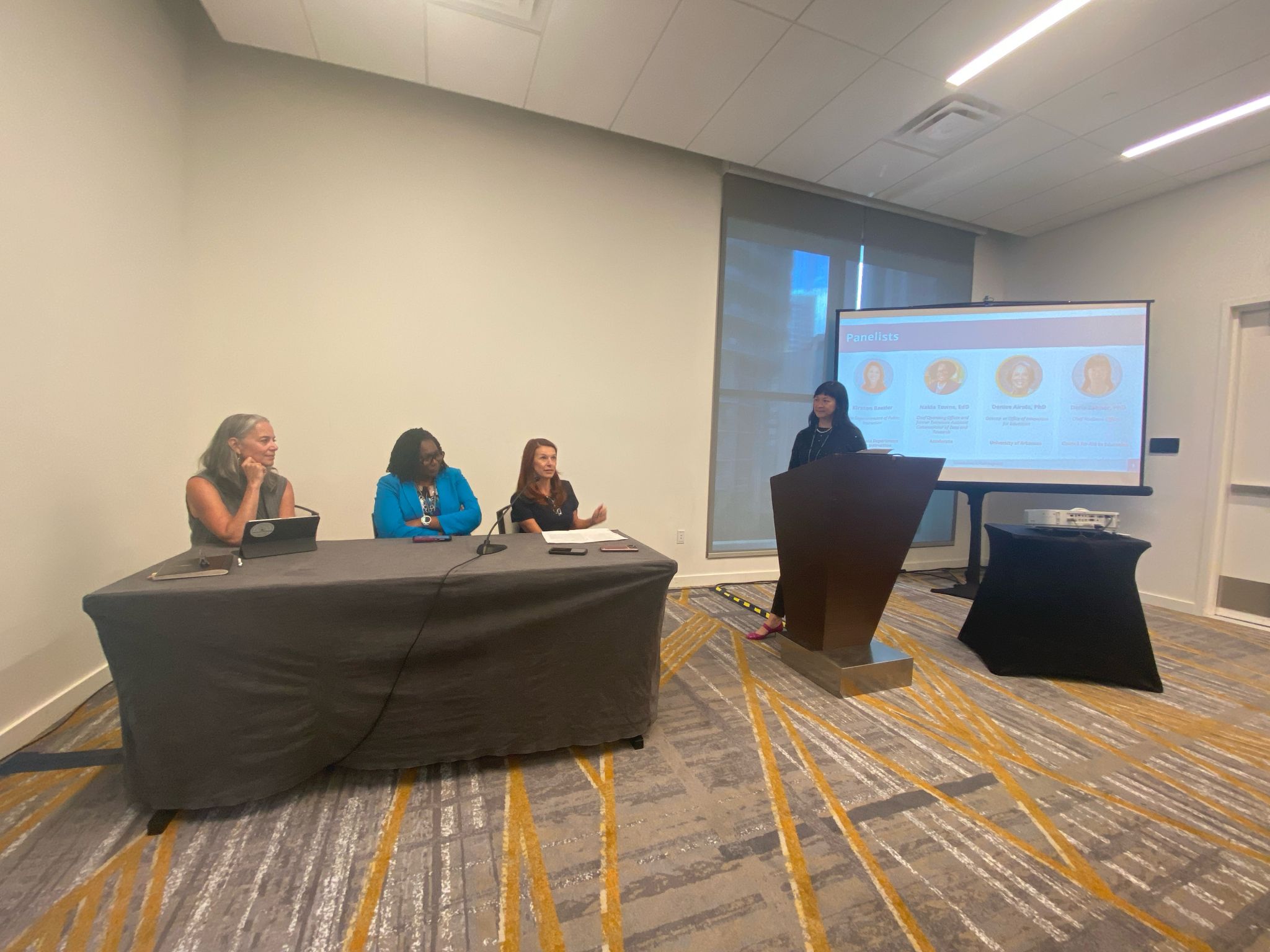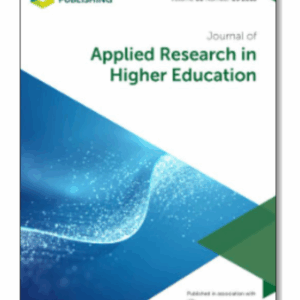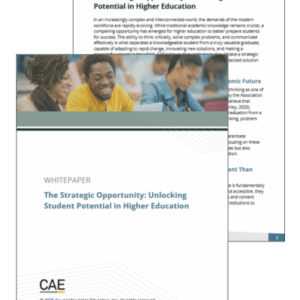Key Takeaways from Johnny Key, Former AK Secretary of Education
This year’s Council of Chief State School Officers (CCSSO) National Conference on Student Assessments (NCSA), held June 24–26 in Seattle, WA, featured the standout session, “Assessment Reimagined.” During the lively panel discussion, education and assessment leaders shared their thoughts about high-quality, appropriate assessment models alongside current approaches implemented and scaled in K12.
The panelists included:
- Kirsten Baesler, North Dakota’s State Superintendent of Public Instruction
- Dr. Doris Zahner, Chief Academic Officer, CAE
- Dr. Nakia Towns, Chief Operating Officer and former Tennessee Assistant Commissioner of Data and Research, Accelerate
- Dr. Densie Airola, Director at Office of Innovation for Education, the University of Arkansas
Johnny Key, former Arkansas Secretary of Education, attended the session and took a moment to share his impressions and perspectives on the discussion and their implications for the future of assessment. We’ve summarized his key takeaways…
Common Goals from Varied Viewpoints: Panel Reflections
During the presentation, the panel delved into the crucial role of assessments in accurately measuring the skills students need to succeed. Each panelist brought forth a unique perspective.
- Dr. Nakia Towns, Accelerate’s COO and the former Tennessee Assistant Commissioner of Data and Research, emphasized the importance of assessing critical thinking, creativity, and other “durable skills.” Towns highlighted her observations across different educational levels, underscoring the need to measure these college and career readiness skills to ensure students are well-prepared for their futures.
- Kirsten Baesler, who has served in her role as North Dakota’s State Superintendent of Public Instruction for nearly 12 years, has witnessed significant changes in education and workforce demands over her tenure. She noted the mixed results of high-stakes testing. “She has seen [how it] has helped in certain areas but often missed the mark in producing the results we need.”
- Dr. Denise Airola, Director at the Office of Innovation for Education at the University of Arkansas, discussed the importance of educational innovation. Key noted, “There are many things that are possible that we don’t consider because they don’t fit into the traditional boxes we’ve created.” He added that when innovative approaches are implemented, students become more engaged and see greater opportunities for themselves. “Education transforms from something to endure into a process that students actively participate in and take ownership of,” Key said.
Overall, the panel presented a new vision for reimagining the current K12 assessment system. Their goals include providing educators, students, and their families with an accurate picture of learning by moving away from traditional testing periods. Instead, assessments become an integral part of daily learning and engagement, fostering a more continuous and reflective process.
Assessments with Impact: Prioritizing Relevance
The panelists also discussed the concept of future readiness, noting that its definition varies significantly across states and districts due to cultural and geographical differences. “There’s a uniqueness in each district, city, and state,” Key said. “How does that reimagined assessment account for those differences?” he asked, underscoring the need for assessments to be tailored to local contexts.
During the presentation, Dr. Doris Zahner presented a performance task assessment model created for New York City Public School students in which their critical thinking skills are measured through prompts related to local phenomena, such as flooding. Key emphasized the value of integrating locally relevant events into assessments like this: “If you’re assessing kids on things that they have some knowledge about that’s relevant to their world, they’re more engaged in learning,” he explained.
Key found this theme particularly poignant. “Assessment has to be relevant to be useful. All the speakers really drove that home.”
Timely Feedback Drives Data-Informed Decisions
According to the panelists, another crucial aspect of effective assessments is the provision of timely feedback. Without timely results, educators cannot make necessary adjustments to instruction, potentially leaving gaps in student learning unaddressed. Key highlighted the CAE assessment model, which leverages AI and machine learning to score assessments and return results within two weeks. “That is absolutely phenomenal and such an important part of making sure an assessment system provides feedback in a way that is useful and timely.”
Timely feedback allows educators to make immediate, data-informed decisions that can enhance instruction and better support student learning. According to Key, this prompt response capability is essential for an assessment system to be genuinely effective and beneficial for both teachers and students.
Assessments as Engines of Continuous Advancement
The panel also discussed using assessments as a part of a continuous improvement model for education. Here, the focus is on integrating assessments into the daily learning process rather than treating them as isolated events. “Obviously, there are benchmarks we want kids to meet, certain things we want them to know,” Key noted, adding that it’s essential to recognize that every student enters the school system at a different point, influenced by factors such as background knowledge, lived experiences, emotional issues, or developmental challenges.
The vision shared during the discussion was one in which assessments are seamlessly embedded into the learning process rather than treated as special events.
Key highlighted a critical shift away from the “event mentality” of assessments. Instead, the panelists advocated for a system where assessments continuously provide measurable results and actionable feedback. This approach would allow educators to better support students’ ongoing development and tailor their teaching strategies to meet individual needs. Currently, this level of integration and feedback is often lacking, especially at the state level, Key noted.
Watch this short video to hear additional thoughts about the presentation from Johnny Key.
Support Your Students’ Futures by Measuring and Building Future-Ready Skills
As the world evolves, so does what we teach students. We live in an era where technical, rote expertise alone isn’t enough. Colleges and employers seek candidates with strong higher-order skills like critical thinking, problem solving, and communication.
By integrating relevant higher-order assessments into a continuous learning model, providing timely feedback, and addressing students’ needs, educators can better support academic and future success.
Reach out to see how CAE’s Higher Order Skills Solutions can help equip your students for success in the future.



